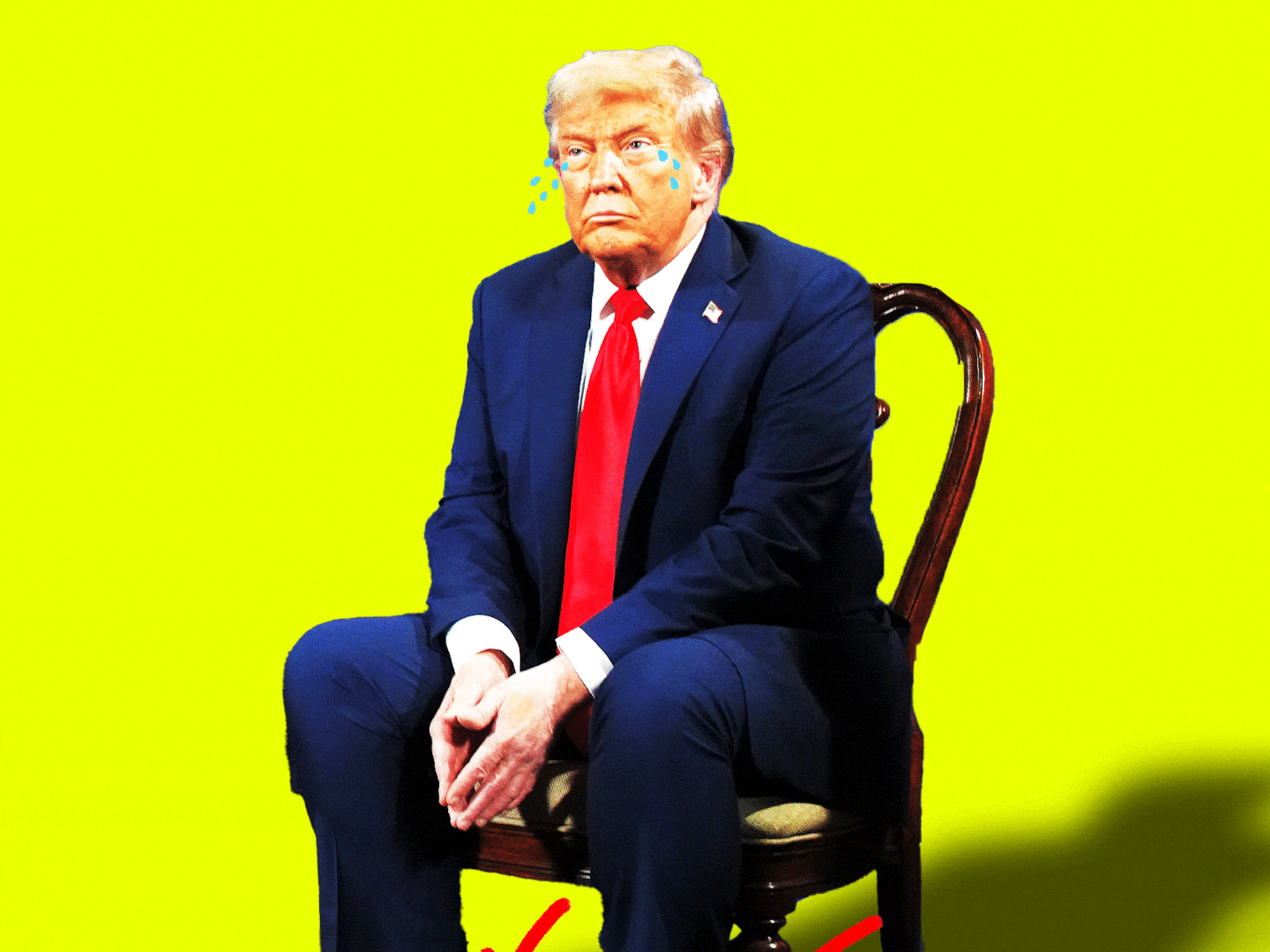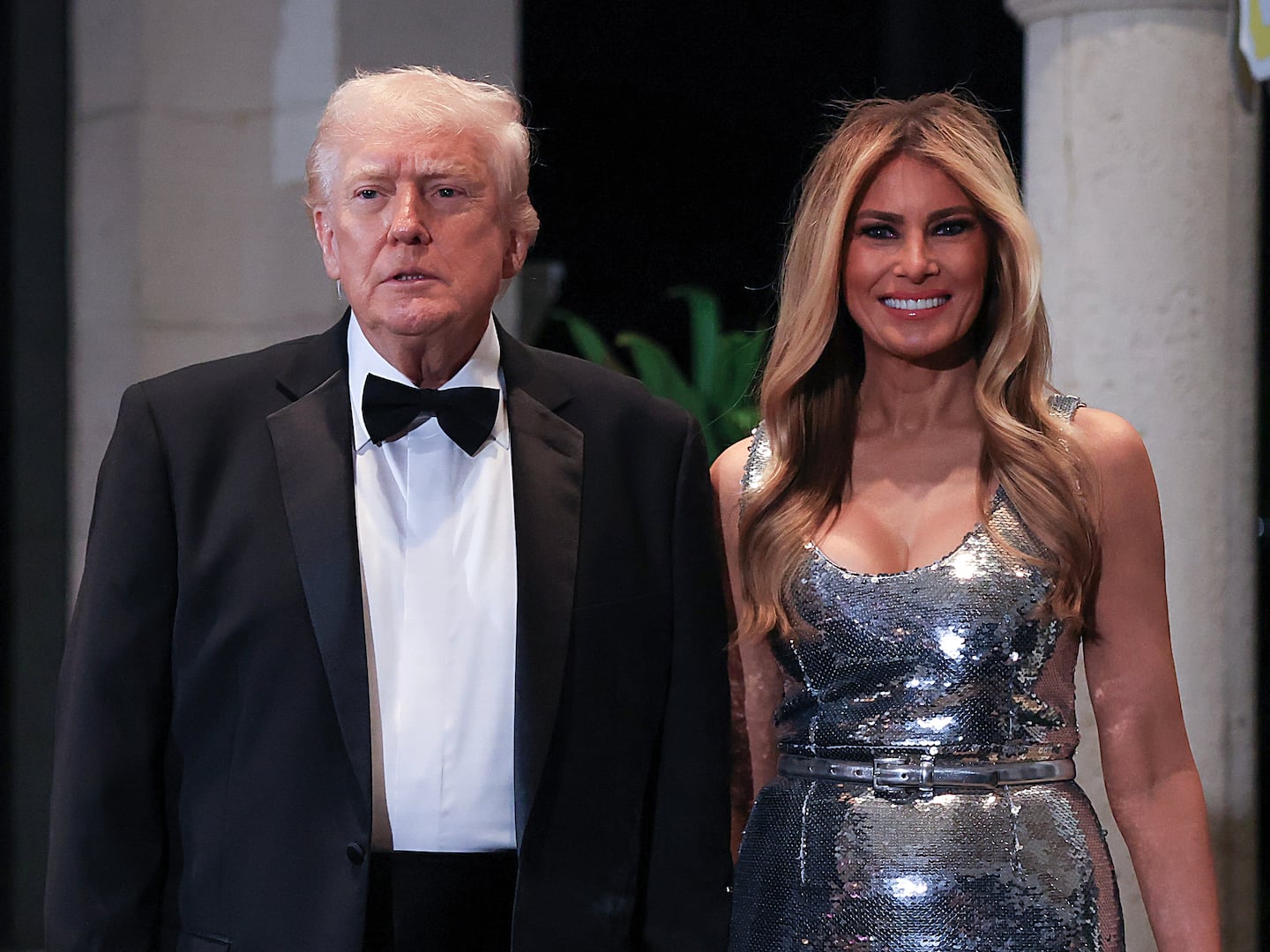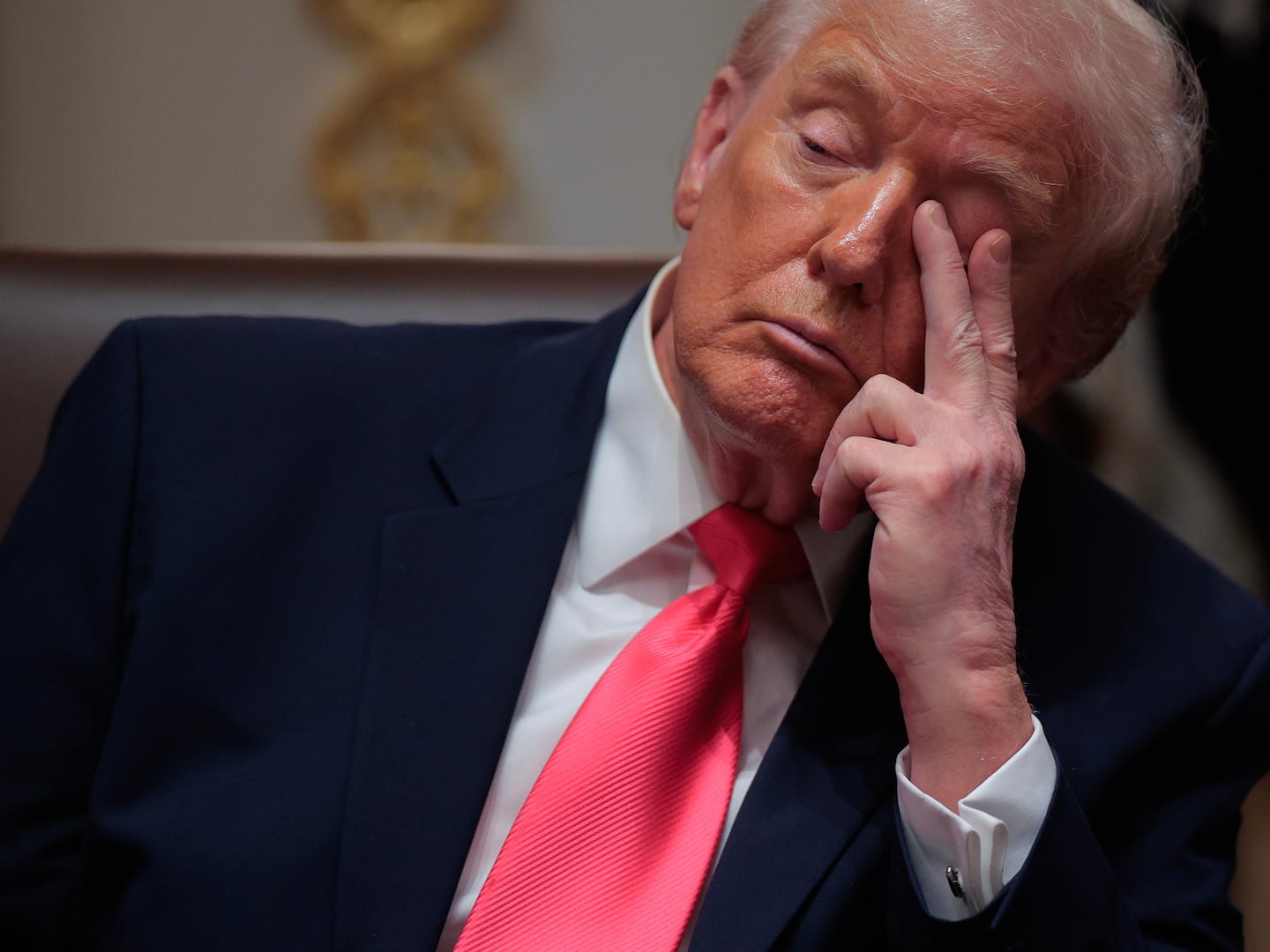
Is it possible that a self-described “goomba” who owns a northern New Jersey barbeque joint has the answers to the latest crisis with North Korea—a showdown over a sunken South Korean warship that may be the most serious threat to peace since the Korean War?
American diplomats and F.B.I. agents acknowledge that Robert “Bobby” Egan, owner of Cubby’s BBQ Restaurant in Hackensack, New Jersey, has managed over the last decade to turn himself into an important—if crazily unlikely—go-between for the United States in its ever-treacherous dealings with Pyongyang.
A 52-year-old New Jersey native who proudly acknowledges he grew up among mobsters and who speaks with the “dems-and-does” of a Tony Soprano, Egan tells The Daily Beast he has been in contact with North Korean officials dozens of times in recent weeks, and that he has been assured that the torpedo attack on a South Korean warship that killed 46 sailors was a mistake.
“When your hand is on the trigger for 60 years, every once in a while you’re going to have a misfire,” Egan says.
Egan said he was convinced by the North Koreans that the attack had not been authorized by the country’s leader, Kim Jong Il, despite reports to the contrary from U.S. intelligence officials, and that the North Koreans were eager to avert the threat of a military showdown although they remain perplexed about how to negotiate with Washington.
After more than a decade of dealing with the North Koreans, Egan said, he was certain that Kim Jong Il—while ill and aging—was “absolutely sane” and would not order such a clear-cut act of war.
Egan’s recent contacts, he said, include diplomats in the North Korean mission to the United Nations, a small suite of offices in midtown Manhattan that is that country’s sole diplomatic post in the United States, as well as several Koreans living in the New York area with high-level connections in Pyongyang.
“I was told this absolutely wasn’t authorized by Pyongyang,” Egan said of the March 26 attack on the warship. “It was something that happened on the local military level, and it was a mistake. When your hand is on the trigger for 60 years, every once in a while you’re going to have a misfire.”
The United States has said that it has compelling evidence that North Korea was responsible for the attack, although it has not given a clear explanation of who ordered the launch of the torpedo and why. A State Department spokesman had no comment on Egan and his assertions. Privately, American officials have long dismissed Egan as an adventure-loving interloper who has the potential to do damage to American foreign policy, although they do not deny that his contacts with the North Koreans are real.
Nicholas Szechenyi, a Northeast Asia specialist at the Center for Strategic and International Studies in Washington, tells The Daily Beast he had no way of knowing if claims by Egan and his North Korean contacts about the latest crisis are right.
If they are, he said, it raised the frightening prospect of a breakdown in the military command structure in North Korea – with a potentially rogue submarine commander firing against a South Korean ship without consulting with Pyongyang. "If there’s that little control, what other horrific attacks can we expect in the near future?” he asked. (The North Korean mission in New York did not return a call seeking comment).
Speaking from Cubby’s as he prepared to open the restaurant for the day, Egan (whose astounding adventures in American foreign policy are detailed in his new book, Eating with the Enemy: How I Waged Peace with North Korea from My BBQ Shack in Hackensack) said the Obama administration needed to tone down its rhetoric against the North Koreans “right this minute” and understand that Pyongyang is not seeking war.
Egan said he has been trying to convince diplomats at the North Korean mission in New York that Pyongyang needed to go public to discuss what actually happened in the sinking of the warship. The North Korean government had publicly denied it attacked the South Korean ship.
Egan said the North Koreans told him that the South Korea vessel strayed too close to North Korean waters, which may have produced a panic that led to the firing of the missile without any instruction from Pyongyang.
His advice to the North Koreans? He said he told them that “if you did it, don’t deny it—you need to come out and talk about it.” He said the diplomats in New York promised to forward his advice to Pyongyang.
It wouldn’t be the first time he’d tried to defuse tensions between Pyongyang and Washington.
In the midst of a dangerous 2002 showdown with the Bush administration over North Korea’s nuclear program, Egan walked this reporter, then a Washington correspondent for The New York Times, into the North Korean mission in New York. Egan had arranged an interview for me with a senior North Korea diplomat whose public pledge to work with Washington to shut down Pyongyang’s long-secret uranium-enrichment facilities became a front-page story in The Times and was welcomed at the White House.
Like almost everything else in Egan’s life, the story of how he became involved with the North Koreans is a complicated one, involving Egan’s long-standing interest in the fate of missing American soldiers from the Vietnam and Korean wars. The M.I.A. issue brought him into contact with officials of the Vietnamese government; Egan says they introduced him to North Korean officials.
A high-school dropout who once seemed destined for a life of crime, Egan has turned Cubby’s, famous among northern New Jersey diners for ribs described on Zagat’s as “so tender they fall off the bone,” into his own little Camp David, complete with photos on the wall of his many friends from the North Korean mission in New York.
Over the years, he has fed the North Koreans and helped them obtain medical and dental care. The website for his book reveals his long-secret rib recipe, which is heavy on ketchup and Karo syrup—“the BBQ recipe that conquered the North Koreans.”
He describes North Korean diplomats in New York as “pretty lonely” and eager to find a way, like their masters back in Pyongyang, to end their nation’s isolation. “They didn’t make themselves a hermit kingdom,” Egan insists. “They’ve tried to come out and talk to the world. But every time they’ve done it, we’ve pushed them back.”
He said the Obama administration is as misguided as its predecessors in its determination to isolate North Korea, creating a cycle of showdowns with Pyongyang that could one day produce a new Korean War, this time with nuclear weapons.
The solution for the United States, Egan says, is obvious: Establish full diplomatic relations with Pyongyang, set up embassies, and begin to talk, all of which North Korea has claimed it wants. Egan said he was convinced that had not happened because of the Defense department, eager to keep a large America military presence in South Korea in deflecting long-range threats in China and Russia. “The Pentagon is calling the shots on North Korea,” he said.
With the first customers at Cubby’s arriving for the day, Egan said he is willing, once again, to serve as an unofficial American go-between with Pyongyang, but that he had heard nothing from Washington during the latest crisis.
“If Obama needs me, he knows where to reach me,’ Egan said, only half-joking. “They’ve got my number down in Washington.”
Philip Shenon, a former investigative reporter at The New York Times, is the author of The Commission: The Uncensored History of the 9/11 Investigation.






